Month: April 2016
-

The Academic Minute for 2016.4.25-4.29
Academic Minute from 4.25 – 4.29 Monday, April 25 Josh Reno – Binghamton University Landfills Josh Reno’s diverse research interests share a focus on controversial modern technologies designed to solve seemingly intractable problems, from waste and climate change to disability and energy insecurity. His early research focused on a large landfill in the periphery of…
-
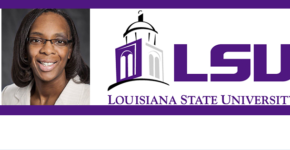
Lori Martin, Louisiana State University – Greatest of All-Time
Can you call someone the greatest of all time when not all people were allowed to play? Lori Martin, Associate Professor in the Department of Sociology and Department of African and African American Studies at Louisiana State University, discusses how racism has tinged this question since the early days of major competitive sports. Lori Latrice…
-

Jack Gilbert featured on The Best of Our Knowledge
As always, host Bob Barrett selects an Academic Minute to air during The Best of Our Knowledge. Each week this program examines some of the issues unique to college campuses, looks at the latest research, and invites commentary from experts and administrators from all levels of education. For this week‘s edition (#1336), Bob has selected…
-
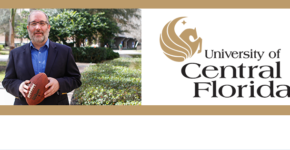
Steven Whiting, University of Central Florida – Teamwork
It pays to be a team player. Steven Whiting, assistant professor of management at the University of Central Florida, examines how being part of the team can lead to a bigger payday from your employer. Steven Whiting is an Assistant Professor of Management in the College of Business Administration at the University of Central Florida…
-
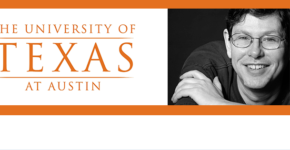
Andrew Ellington, University of Texas at Austin – Fighting Cancer with Nanomachines
To beat cancer, we may want to start thinking small. Andrew Ellington, professor in the department of molecular biosciences at the University of Texas at Austin, explains how microscopic machines may be the key to defeating this disease. Andy Ellington uses evolutionary techniques — in particular, a method known as “directed evolution” — to engineer…
-
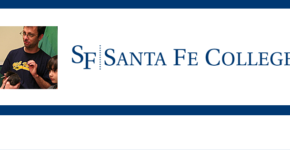
Matthew Carrigan, Santa Fe College – Human Ethanol Consumption
If ethanol consumption is known to be toxic, why have humans consumed it throughout history? Matthew Carrigan, assistant professor of biology at Santa Fe College, discusses this paradox. Matthew Carrigan is an Assistant Professor of Biology. He began his PhD in neuroscience at University of Florida’s College of Medicine studying the evolution of neuropeptides, and…
-
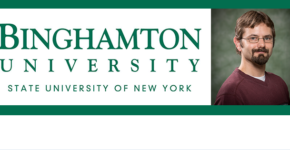
Josh Reno, Binghamton University – Landfills
How much do you know about landfills? Joshua Reno, assistant professor of anthropology at Binghamton University, details how becoming more aware of where our trash goes might be a good way to start reducing it. Josh Reno’s diverse research interests share a focus on controversial modern technologies designed to solve seemingly intractable problems, from waste…
-
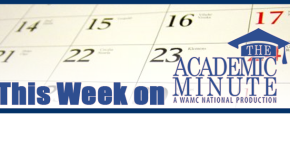
This Week on The Academic Minute (2016.4.25)
This Week on The Academic Minute 2016.4.25 Monday, April 25 Joshua Reno of Binghamton University discusses landfills and our relationship with our trash. Tuesday, April 26 Matthew Carrigan of Santa Fe College explores our history with ethanol consumption. Wednesday, April 27 Andrew Ellington of the University of Texas at Austin details how to fight cancer…
-

The Academic Minute for 2016.4.18-4.22
Academic Minute from 4.18 – 4.22 Monday, April 18 Krista Jenkins – Farileigh Dickinson University Political Differences Between Mothers and Daughters Krista Jenkins (PhD, Rutgers University) is Director of PublicMind and associate professor of political science. She specializes in youth politics and the politics of gender and is the co-author of several books, includingA New…
-
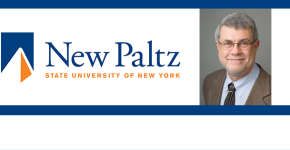
Thomas Olsen, SUNY New Paltz – Shakespeare and the Art of the Remix
Was Shakespeare a plagiarist? Thomas Olsen, associate professor and chair of the English department at SUNY New Paltz, discusses how the fabled author remixed other’s work to create his masterpieces. Thomas G. Olsen joined the faculty at SUNY New Paltz in 1997. He teaches undergraduate and graduate courses in Shakespeare and in English literature, especially…
